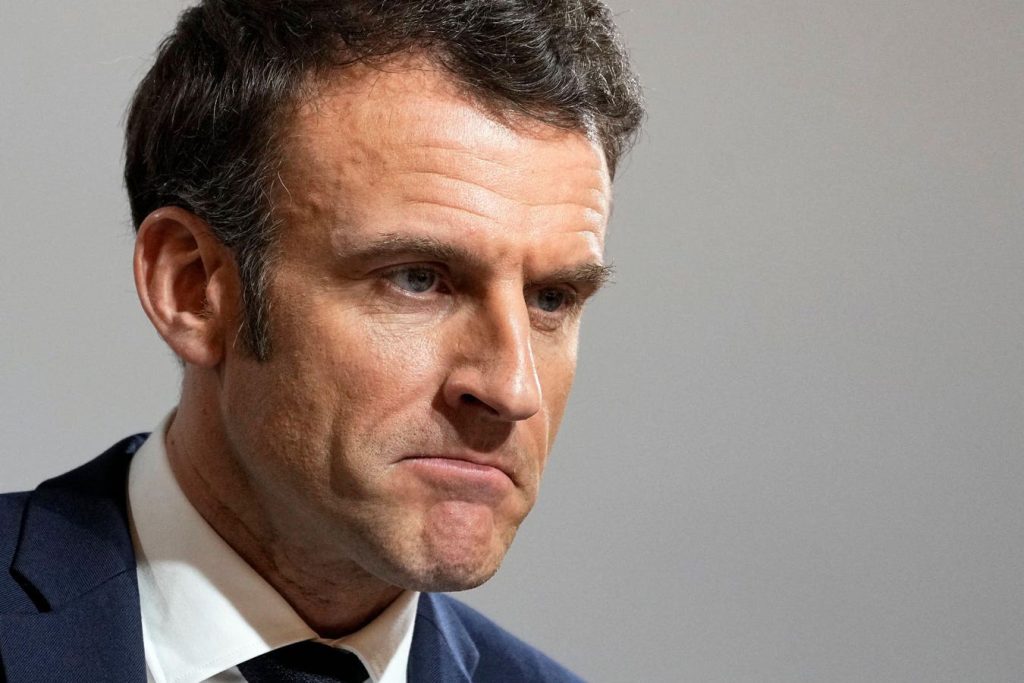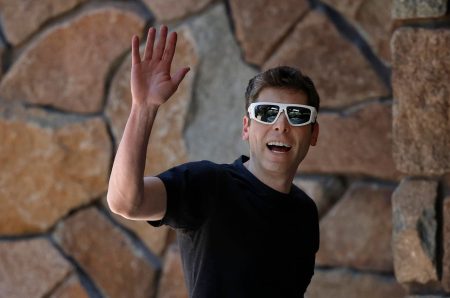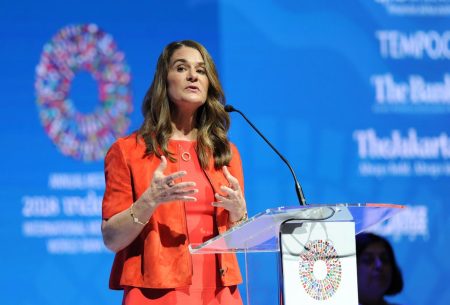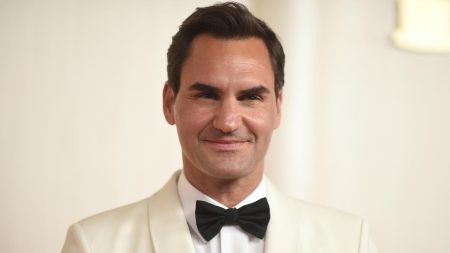The recent European elections have resulted in the centre political parties holding their ground, with the EPP performing well. However, the Greens have been significantly damaged, and there was a mixed outcome for the far-right parties across Europe. Matteo Meloni’s popularity is on the rise, while Emmanuel Macron’s decision to call a parliamentary election has not been received well. In Germany, Olaf Scholz has also suffered a setback, further complicating the European political landscape.
The focus of attention has been on France, where the Rassemblement National has had its best-ever election results. Macron’s decision to call for a parliamentary election in June or July has raised concerns as his popularity is dwindling, and building an anti-far-right coalition may prove to be a challenging task. The possibility of a coalition government comprising various parties could lead to policy disagreements, particularly on issues like immigration and fiscal management, considering France’s recent debt downgrade.
Expectations were that Macron would shift his government towards the right following the election results, but his gamble on calling for an election reflects his confidence in the French electorate’s historical preference for centrist parties. However, the outcome of the election remains uncertain, and Macron’s decision could potentially lead to increased political and economic uncertainty in France. The rise of the Rassemblement National poses a significant threat to Macron’s leadership and the stability of the European political landscape.
The implications of Macron’s decision could have far-reaching consequences for France and Europe as a whole. The possibility of a far-right government led by parties like the Rassemblement National may increase the risks within the euro-system. Macron’s move is a bold and risky one, inviting significant political mobilization and logistical challenges ahead of the elections. While the results from other European countries have largely aligned with expectations, Macron’s decision adds an element of unpredictability to the future of European politics.
Overall, the European political landscape is shifting towards the right, with the parliament likely to focus more on right-leaning issues in the coming days. While the passage of the next EC executive may not be disrupted, there could be a shift in policy emphasis, particularly in areas like green regulations and investment. The new focus of debate may center around defense and foreign affairs, potentially leading to the appointment of a defense commissioner and a more assertive foreign affairs commissioner.
Economically, Europe is on the brink of a rate cut cycle, with economic activity beginning to pick up after a period of weakness. Macron’s decision to call for an election has added uncertainty to euro assets and French economic policy. The coming days will be crucial in determining the future course of European politics, with potential implications for the stability and direction of the European Union as a whole.













